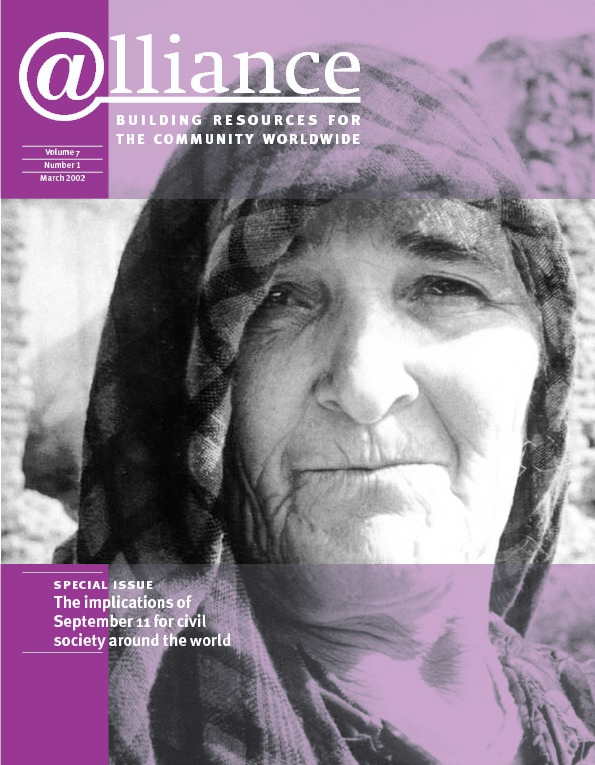Mostly based on an earlier VOLUNTAS symposium, this volume explores emerging third sector policy issues in a broad international context. Apart from introduction and conclusion, five of the chapters focus on the US; five on Western Europe (EU, Germany, Netherlands, UK); two each on Central Europe (Hungary, Poland) and Asia (Japan, Philippines); and one each on Africa and Latin America (South Africa, Mexico).
At the heart of the volume lies an analysis of the crossroads that the American non-profit sector is currently facing. Chapter 2 details four overarching challenges in the US – interrelated fiscal, economic, legitimacy and effectiveness crises – and suggests a renewal strategy to overcome them. Most chapters take the US assessment – particularly the set of four crises – more or less closely as the starting point and organizing frame for the discussion of local policy developments. Given the widespread sentiment – particularly in Western Europe – that US-based and informed non-profit research is of limited relevance in understanding institutional realities and practices elsewhere, and given the general lack of integration of non-profit and development (ie NGO) research, this seems like a brazen undertaking. Nevertheless, it works on two levels.
First, some authors take issue with the suggestion that sectoral renewal should bring the American non-profit sector back into the center. They argue, on the one hand, that the sector will be better off in the long run at the margins rather than at the heart of the social policy mainstream, and, on the other, that the unavoidable partnership development that would come with re-centring the sector would necessitate corporatist arrangements that have already reached the end of their usefulness elsewhere. Whether re-centring or de-centring is the right strategy remains open to debate, but an important debate it is.
Second, the volume refrains from superimposing the American crisis scenario on other countries. It is the idea of the crises rather than their concrete US manifestations that stimulate contributors to take these ideas and re-create them in the shape of their own countries’ images. The editors rightly state that these ‘concerns are pervasive, but tend to have different meanings in different countries, and rarely have sufficient salience to amount to a full-blown “crisis” in each case’. Still, whether we have actual crises brewing everywhere is of lesser importance. What does matter is that the volume pointedly indicates that the more different things are, the more they are the same in the end. Who is to say, after all, that Japan’s legitimacy issue of yesterday will not be today’s legitimacy issue in the US? Comparing some of the fallout of the Kobe earthquake to that of September 11 in New York may suggest that it already is.
Stefan Toepler is Associate Research Scientist at the Institute for Policy Studies, Johns Hopkins University, Baltimore, US. He can be reached at toepler@jhu.edu
Third Sector Policy at the Crossroads: An international non-profit analysis
Helmut K Anheier and Jeremy Kendall (eds) Routledge £60
To order
http://www.routledge.com






Comments (0)